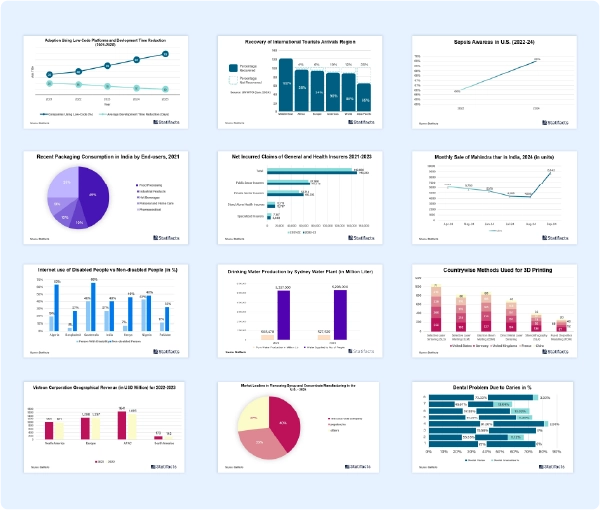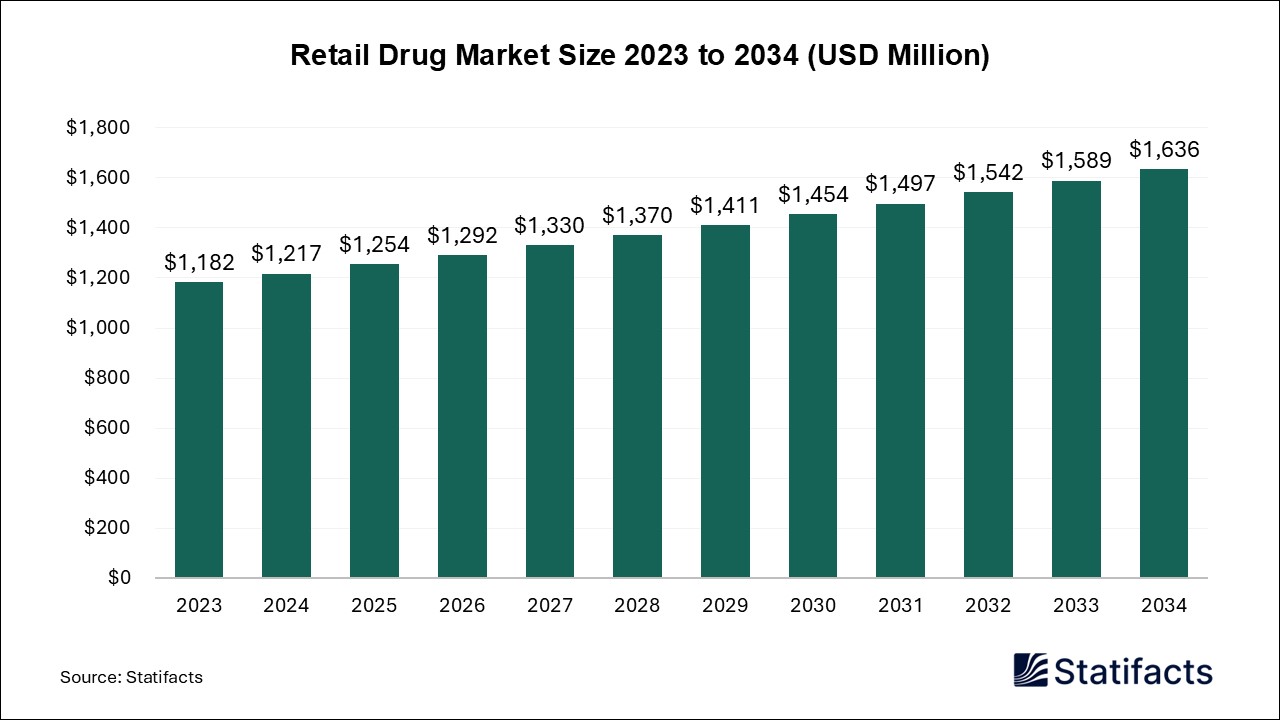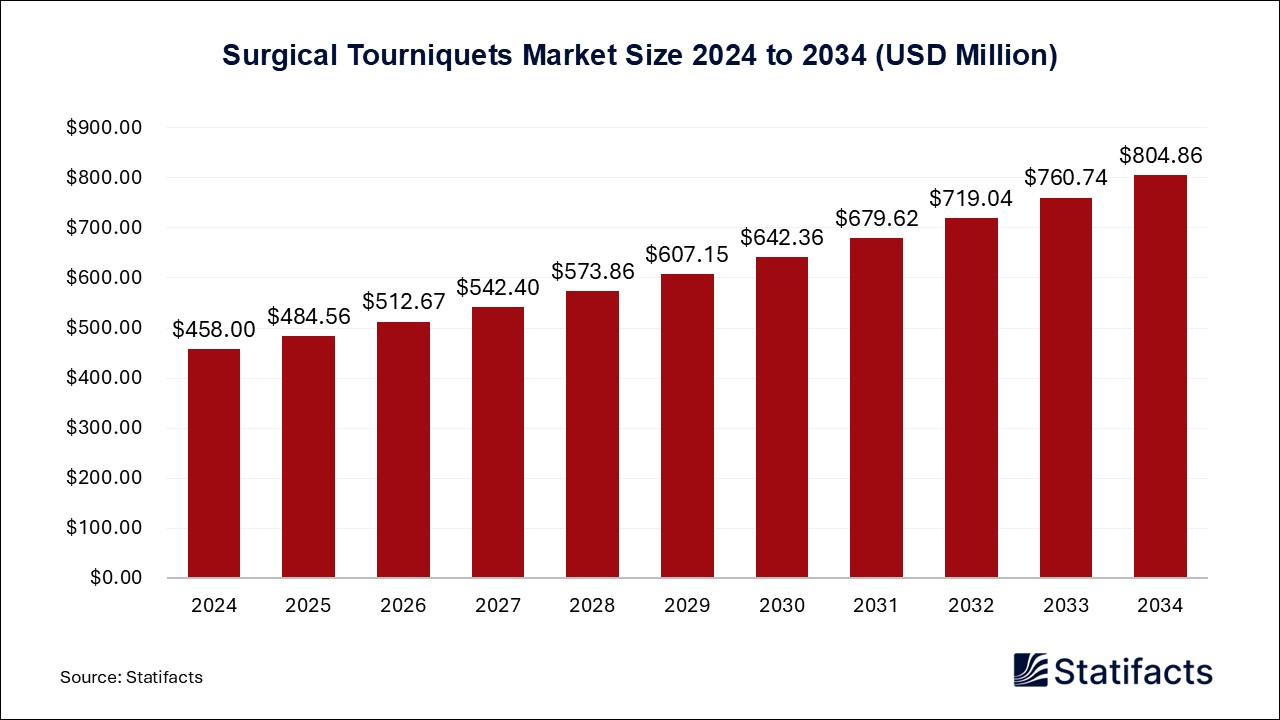

Our customers work more efficiently and benefit from
The global pharmaceutical contract manufacturing market size surpassed USD 182.86 billion in 2024 and is predicted to reach around USD 353.05 billion by 2034, registering a CAGR of 6.8% from 2025 to 2034.
| Industry Worth | Details |
| Market Size in 2024 | USD 182.86 Billion |
| Market Size in 2025 | USD 195.29 Billion |
| Market Size by 2034 | USD 353.05 Billion |
| Market Growth Rate from 2025 to 2034 | CAGR of 6.8% |
High growth in the pharmaceutical contract manufacturing market has emerged as pharmaceutical firms are investing in outsourcing drug development and clinical trial processes towards more affordable options. A contract manufacturing organization offers a variety of services like formulation of drug packaging, API, and manufacture, enabling pharmaceutical firms to focus on research and development work. The ever growing demand for biologics, the demand for scalable manufacturing solutions, and strict regulatory requirements requiring companies to tap external expertise are all leading to the proliferation of contract manufacturing. With changes in technology and growing automation, pharmaceutical contract manufacturing (especially in emerging economies) is headed toward becoming the new backbone of global drug production.
Pharmaceutical manufacturers in developed regions such as North America and Europe are increasingly offloading manufacturing activities to contract manufacturing organizations in a bid to cut costs, increase efficiency, and meet strict regulatory standards. Through the use of contract manufacturers' expertise, pharmaceutical companies can concentrate on research, drug development, and marketing while enjoying high-quality manufacturing capacity. The trend is especially prevalent in emerging economies, where CMOs provide competitive pricing and superior infrastructure.
Rising demand for biologic medicines, including monoclonal antibodies and gene therapies, is propelling high growth for pharmaceutical contract manufacturing. Biologics need elaborate manufacturing processes and high-quality controls, and for this reason, most pharmaceutical players are turning towards CMOs with adequate expertise and facilities. Moreover, the rising uptake of biosimilars as cheaper substitutes for branded biologics is adding to the growth of contract manufacturing services.
The pharmaceutical contract manufacturing market can be cost-effective since it minimizes the need for investments in capital-intensive in-house production facilities. Economies of scale mean that CMOs can manufacture drugs much cheaper for various pharmaceutical companies without compromising quality. Furthermore, the contract manufacturers have immense experience with global regulatory requirements, thus ensuring compliance with the U.S. Food and Drug Administration, European Medicines Agency, and other regulatory bodies; this consequently shortens the approval period for new drug launches.
Supply chain disruptions are one of the greatest challenges to the pharmaceutical contract manufacturing market, causing delays in production and shortages of drugs. Challenges such as geopolitical issues, shortages of raw materials, and bottlenecks in transportation can affect the timely delivery of pharmaceuticals. In addition, it may become difficult to keep consistent quality standards across different production facilities where a deviation in the process could affect the efficacy and safety of the drug, thereby leading to regulatory hurdles.
Artificial intelligence is transforming the pharmaceutical contract manufacturing market by furthering production efficacy, maintaining quality control, and optimizing supply chain management. CMO utilizes AI predictive analysis to optimize the manufacturing process, detect defects, avoid waste, etc. AI automation is improving the variations in drug formulation and packaging, thereby improving precision and removing human errors. AI is also being utilized in regulatory compliance to meet strict guidelines that come through automated documentation and the real-time monitoring of the manufacturing process.
Emerging economies, including China, India, and Brazil, are playing a huge part in the pharmaceutical contract manufacturing market. Cheaper cost of production, low-cost but skilled labor, and conducive government policies adopted by various governments in the region are spurring pharmaceutical manufacturing in these regions, making them attractive locations for global pharmaceutical companies to outsource production. With personalized medicine gaining traction, CMOs are expected to play a pivotal role in the manufacture of small-batch custom drugs geared toward the treatment of individual patients. The power to produce personalized treatments efficiently will open new avenues for the pharmaceutical contract manufacturing market.
Published by Laxmi Narayan , March 2025
For any questions about this dataset or to discuss customization options, please write to us at sales@statifacts.com
| Stats ID: | 8046 |
| Format: | Databook |
| Published: | March 2025 |
| Delivery: | Immediate |
| Price | US$ 1550 |


| Stats ID: | 8046 |
| Format: | Databook |
| Published: | March 2025 |
| Delivery: | Immediate |
| Price | US$ 1550 |

You will receive an email from our Business Development Manager. Please be sure to check your SPAM/JUNK folder too.

Unlock unlimited access to all exclusive market research reports, empowering your business.
Get industry insights at the most affordable plan
Stay ahead of the competition with comprehensive, actionable intelligence at your fingertips!
Learn More Download
Download
